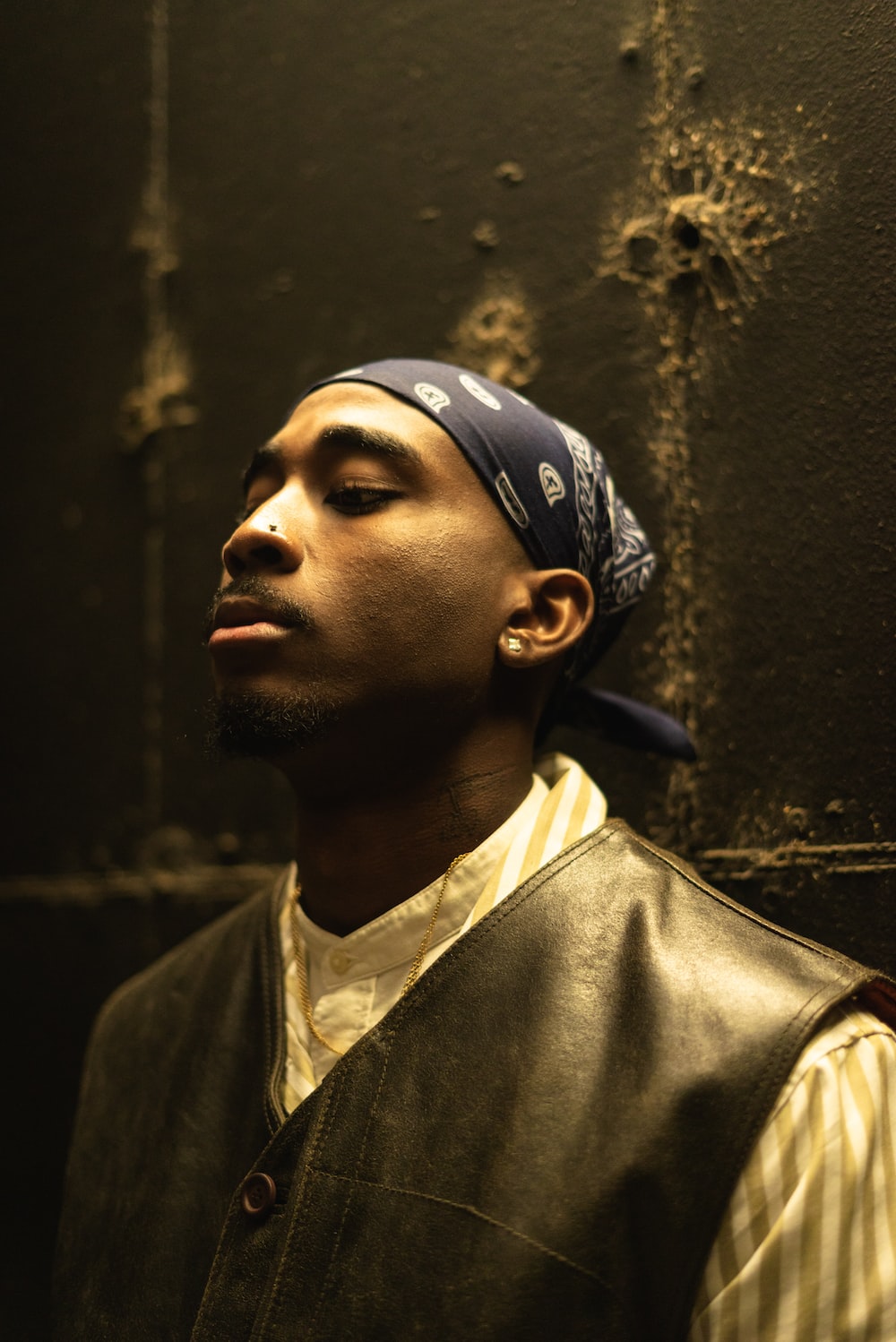
Introduction
Tupac Shakur, an influential rapper, actor, and poet, continues to captivate audiences around the world with his powerful lyrics and thought-provoking messages. Born on June 16, 1971, in East Harlem, New York City, Tupac’s life was tragically cut short when he was fatally shot on September 13, 1996, in Las Vegas, Nevada. Despite his untimely death, Tupac’s impact on music, politics, and popular culture remains unparalleled.
This article delves into the life and legacy of Tupac Shakur, exploring his early years, rise to fame, activism, and the enduring impact he has had on subsequent generations. Through a comprehensive examination of various sources, including CBS News, CNN, and other reliable media outlets, we will uncover the fascinating journey of this cultural icon.
Early Life and Influences
Tupac Amaru Shakur was born to Afeni Shakur, an activist and member of the Black Panther Party, and Billy Garland, a New York City hustler. His parents’ involvement in political and social movements greatly influenced his worldview and shaped his artistic expression. Growing up in East Harlem, Tupac witnessed the harsh realities of urban life, including poverty, violence, and racial inequality.
Tupac’s love for the arts blossomed at an early age. He studied acting, poetry, jazz, and ballet, honing his skills and nurturing his creativity. His mother’s activism and his exposure to the arts provided a fertile ground for Tupac to develop his unique voice and perspective.
Rise to Fame
In the late 1980s, Tupac’s passion for music led him to pursue a career in hip-hop. He joined the group Digital Underground as a backup dancer and rapper, gaining recognition for his energetic performances and charismatic personality. In 1991, Tupac released his debut solo album, “2Pacalypse Now,” which showcased his raw talent and unapologetic social commentary.
Tupac’s sophomore album, “Strictly 4 My N.I.G.G.A.Z.,” released in 1993, catapulted him to mainstream success. The album’s hit single, “Keep Ya Head Up,” addressed issues of misogyny, poverty, and police brutality, solidifying Tupac’s reputation as a socially conscious artist.
Artistic Brilliance and Activism
Tupac’s music was a powerful vehicle for his activism. He fearlessly tackled controversial topics and shed light on the struggles of marginalized communities. Songs like “Brenda’s Got a Baby,” “Dear Mama,” and “Changes” showcased his ability to fuse personal storytelling with social commentary, resonating with millions of listeners.
Beyond his music, Tupac actively engaged in social and political activism. He was vocal about police brutality, systemic racism, and the plight of the underprivileged. Tupac’s activism extended beyond his words, as he organized and participated in various community initiatives, advocating for change and inspiring others to take action.
Controversies and Legal Issues
Tupac’s life was not without controversy and legal troubles. In 1993, he was arrested and charged with sexually assaulting a woman. The trial and subsequent conviction deeply divided public opinion, with many staunchly supporting Tupac’s innocence. Despite the legal battles, Tupac continued to release music and maintain his relevance in the industry.
East Coast-West Coast Rivalry
The East Coast-West Coast rivalry that emerged in the mid-1990s cast a shadow over Tupac’s career and ultimately led to his tragic demise. The feud between East Coast and West Coast hip-hop artists, primarily fueled by tensions between Tupac’s Death Row Records and The Notorious B.I.G.’s Bad Boy Records, escalated to dangerous levels.
On September 7, 1996, Tupac was shot multiple times in a drive-by shooting in Las Vegas. He succumbed to his injuries six days later, leaving a void in the music industry and sparking conspiracy theories and rumors that continue to circulate to this day.
Legacy and Cultural Impact
Tupac’s legacy extends far beyond his music. His influence can be seen in the work of countless artists who have been inspired by his fearlessness and authenticity. From Kendrick Lamar to J. Cole, Tupac’s impact on the next generation of hip-hop artists is undeniable.
Moreover, Tupac’s activism and commitment to social justice continue to resonate with activists and advocates fighting for equality. His words and actions serve as a reminder of the power of art to ignite change and challenge the status quo.
Posthumous Releases and Influence
In the years following his death, Tupac’s unreleased recordings were carefully curated and released as posthumous albums. These albums, including “The Don Killuminati: The 7 Day Theory” and “R U Still Down? (Remember Me),” showcased Tupac’s versatility as an artist and solidified his status as a legend.
Tupac’s influence transcends music, permeating popular culture through documentaries, biopics, and even a Broadway musical. His life story continues to captivate audiences, shedding light on the complexities and contradictions of fame, artistry, and social activism.
Conclusion
Tupac Shakur’s life was marked by artistic brilliance, political activism, and a tragic ending. From his early struggles to his rise to fame, Tupac’s journey serves as a testament to the power of perseverance and the enduring impact of artistic expression.
Though his life was cut short, Tupac’s legacy lives on through his music, his activism, and the countless lives he has touched. His words continue to resonate with a generation longing for social change, and his influence remains a guiding force in the realm of hip-hop and beyond.
As we reflect on the life and legacy of Tupac Shakur, let us remember his remarkable contributions and the indelible mark he left on the world—a true cultural icon who will forever be celebrated and remembered.


